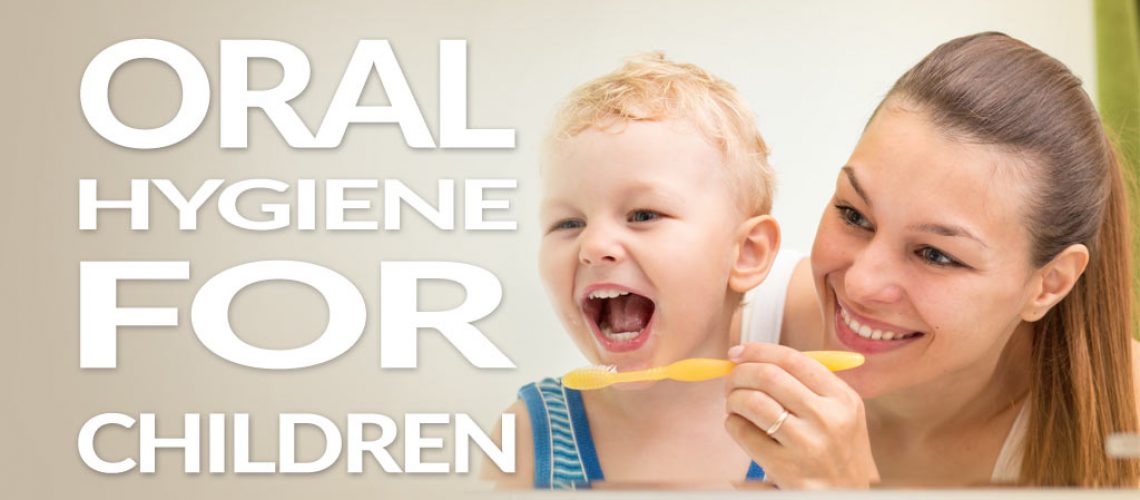1. Clean your baby’s gums and teeth.
After each feeding, wipe your baby’s gums with a small wash-cloth or gauze pad to help clear away food residue and stimulate the gums. Once teeth start erupting, use a small soft-bristled toothbrush to clean them. Wet the bristles with water.
2. Prevent nursing bottle syndrome.
Tooth decay can occur when a baby is given a bottle filled with milk, formula, or fruit juice at bedtime or for long periods during the day. Extended exposure to the sugar in these liquids can cause teeth to discolour and decay. To prevent this, clean your child’s teeth after each feeding and at bedtime give a bottle filled only with water.
“Make brushing a daily routine, but keep it enjoyable.”
3. Make dental visits positive.
When a child turns two or three, start encouraging a positive attitude toward dental visits by following these tips:
- role play before making the real visit to familiarize the child with what will happen;
- avoid using negative words like “drill,” “needle” or “hurt;”
- answer questions honestly, but not too specifically. Dental professionals have special ways of explaining procedures to children.
4. Teach your child how to brush.
Children are usually ready to learn how to brush their teeth by age two or three, but you should still help brush the hard-to-reach spots because children usually don’t have the dexterity to “go solo” until about age seven. Make brushing a daily routine, but keep it enjoyable. Use a pea-size amount of toothpaste and make sure the child does not swallow the paste.

5. Protect your child’s teeth with sealants.
When your child’s permanent molars come in (the first ones usually appear at age six or seven), consider protecting them with sealants. Sealants are clear plastic coatings that form a barrier to keep food and bacteria out of tiny grooves in the tooth; they are nearly 100 percent effective in preventing decay in back teeth.
6. Encourage good eating habits.
A balanced diet will help ensure healthy teeth. Your child’s diet should include a variety of foods. Calcium is especially important for building strong teeth; some good sources are milk, cheese and yogurt.
7. Make sure your child is getting enough fluoride.
Fluoride strengthens tooth enamel and supporting bone, and helps repair minor decay damage. Your dentist or dental hygienist can tell if your child is getting the right amount. Common sources are fluoridated drinking water, fluoridated toothpaste and professional fluoride treatments.












